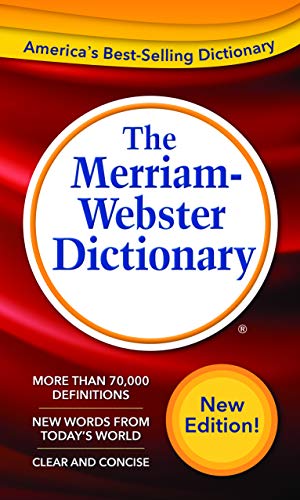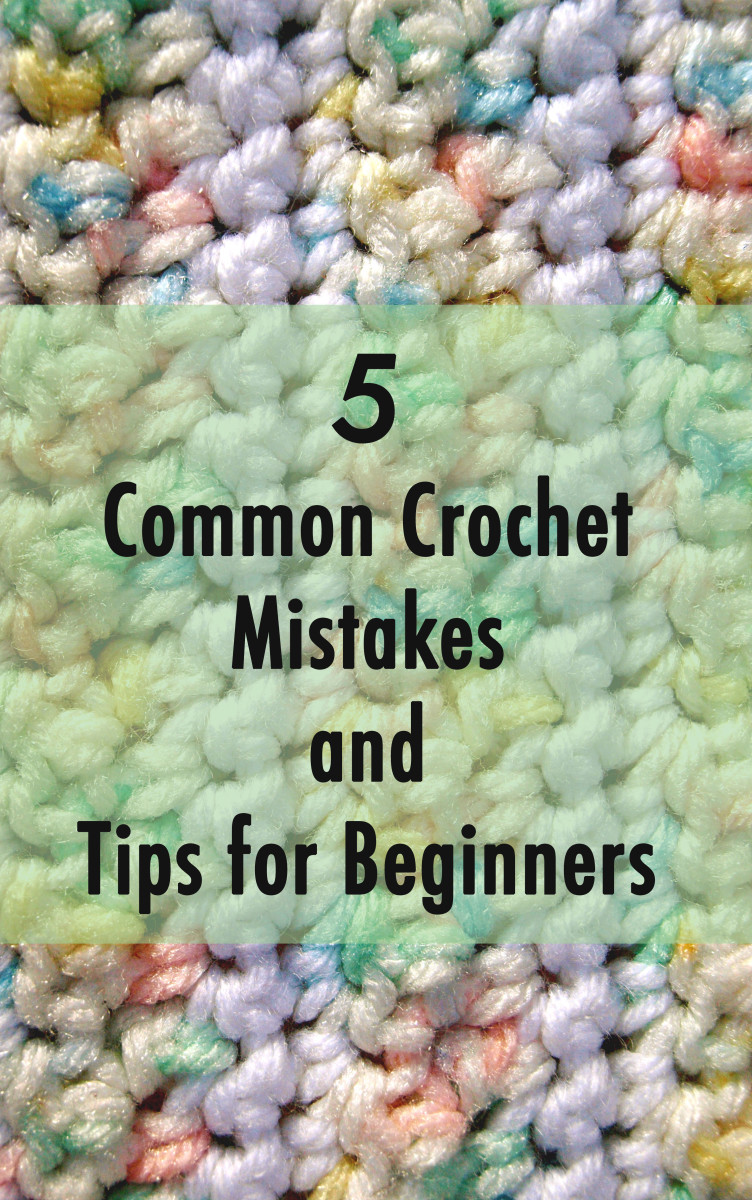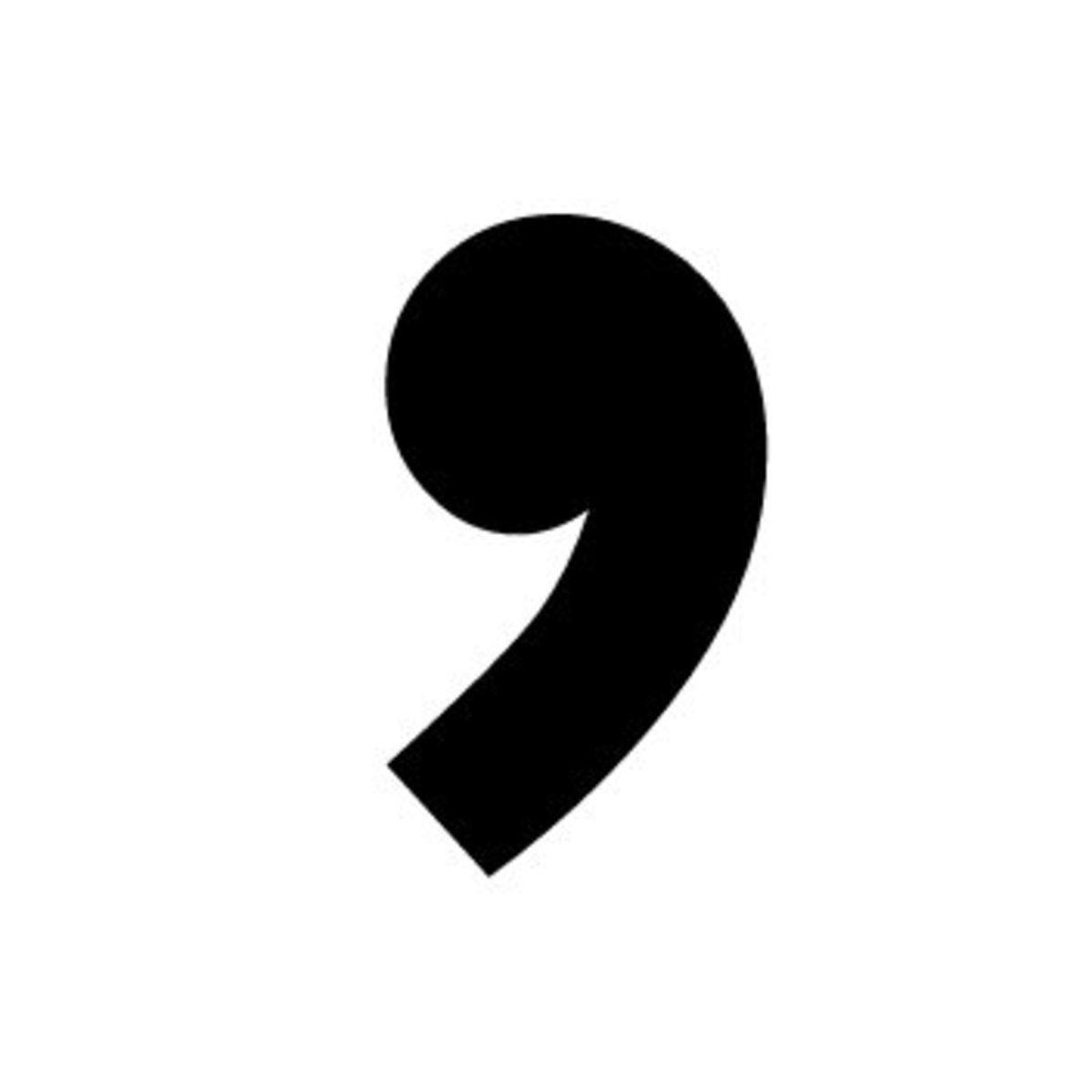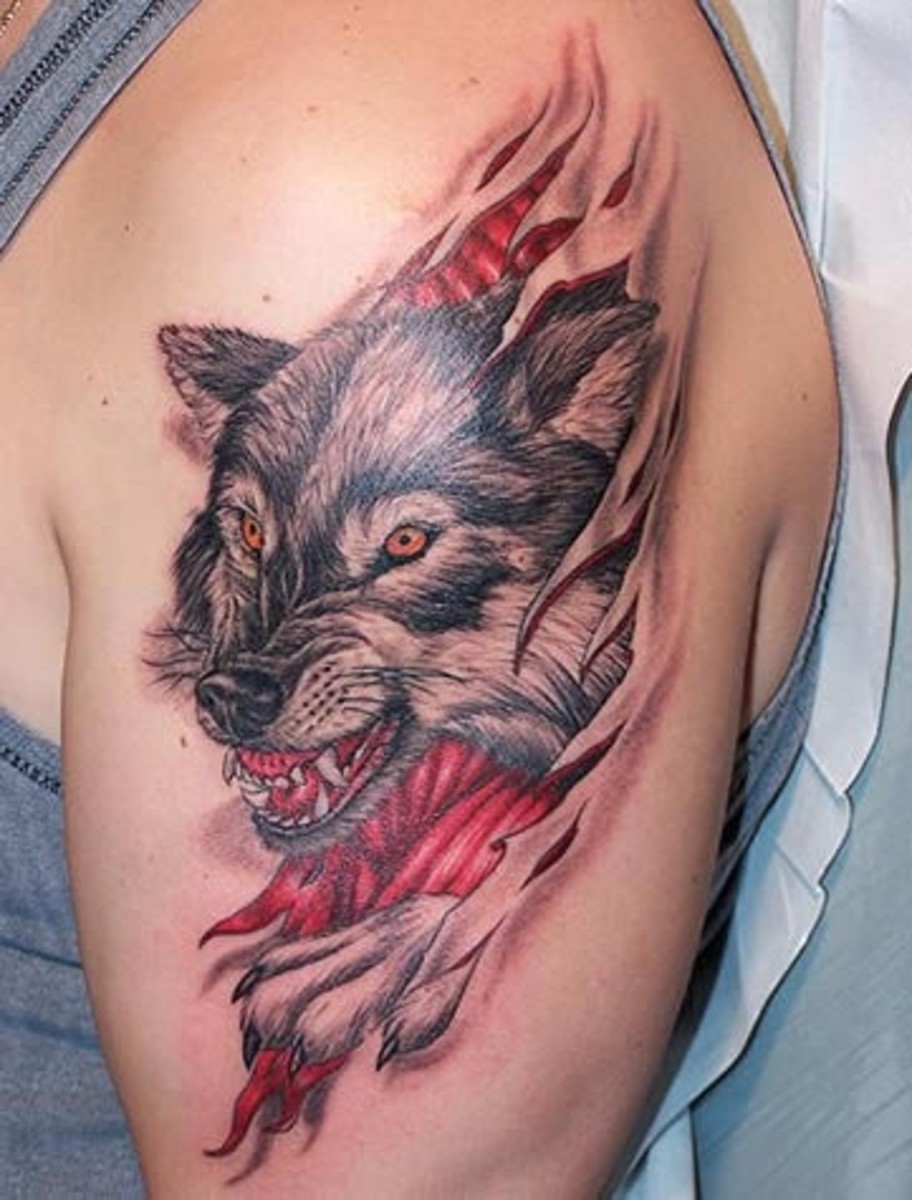- HubPages»
- Books, Literature, and Writing»
- Commercial & Creative Writing»
- Word Usage & Grammar
Making the Right Word Choices When Writing
Has This Ever Happened to You?
So there I was in the local supermarket, browsing the shelves while my wife loaded the cart. We turned a corner, narrowly avoiding disaster as a little old lady ran a stop sign with her shopping cart and barreled past us, leaving obscenities in her wake.
Just another joyful shopping experience.
I recovered from the near-catastrophe and spied a book display in the next aisle. The rack held twenty copies of a novel written by a local mystery writer. Since I’m always interested in mysteries, and I love to support local artists, I grabbed one of her books and opened to the first page. I read the first page, and then I read it again. I called my wife over and had her read it. Her response was the same as mine….WHAT A BUNCH OF GARBAGE!
What awakened our literary wrath was poor word choice. On that first page, the only page in that book I read or will ever read, I counted ten sentences that began with the word “she.” Mind you, there were only twenty-two sentences on that first page, so that means that forty-five percent of the sentences on that page began with the same word.
Unforgiveable!
“She got into her car and started it up.”
“She drove downtown for her meeting.”
“She noticed the clouds forming and grabbed her umbrella from the back seat.”
And on and on she went, oblivious to the fact that she had just slit her own literary throat.
The first thing I would do, if I were that author, would be to demand a refund from my editor. Unless, of course, she used no editor, in which case, I would demand a refund from the author.
There are over 171,000 words in the English language. “She” is only one of them.

Let’s Take a Look at Common Word-choice Mistakes
How can we know if we are goofing up if we don’t recognize our mistakes? I have found that many writers aren’t even aware that they are making word-choice mistakes, so let’s take a look at a few of the most common.
- Repetition…..as we just saw from the example above, using the same word multiple times is tiresome and oh, so boring. Obviously, if you are writing about something specific like leukemia, you have very little choice but to use that word often…but….when writing short stories, or a novel, there is no excuse for repetition.
- Connotation…..it is quite common for a writer to use synonyms, but it is also quite common for a writer to use the wrong synonym. Every word has a meaning, but most words also have a connotation, or implied meaning, that the writer must be aware of before using that word.
- Precision….does the word you have chosen say exactly what you want it to say? Is the word vivid or is it vague?
- The law of simplicity….using a word that is so erudite that it will confuse your audience might not be a road to success. I’m torn on this one, quite frankly. We, as writers, don’t want our readers having to run to the dictionary to find out what a word means, but we also don’t want to write down to our audience in such simplistic language as to render the writing childlike.
- The word doesn’t fit the situation….if you have a five-year old speaking, and she uses a five-syllable word, chances are you’ve made a mistake. The word needs to fit the moment. If it doesn’t, get rid of it.


Easy Fixes to Poor Word Choice
Now that we have some idea of common mistakes, it’s time to clean things up and make our words work for us and not against us. Here are some things you can do to improve your word-choice.
- Embrace the thesaurus and dictionary. They are your friends. They may well be a writer’s best friends.
- Read…..I firmly believe that nothing improves writing skills like reading the skills of others. Look at how others use the language to avoid repetition. Look at how they choose just the right word. The great writers of our times are great, not by accident, but by paying attention to details like word-choice.
- Read your work out loud. Listen to the flow and listen to the sound of your words. Quite often your words will “sound” differently than how you intended them to sound, and you can only hear that by speaking those words.
- Choose words that match the spirit of the moment. Words with a lot of consonants are harsh sounding words. Vowels tend to soften the mood. Short words portray action. Long words slow things up. Be aware of this when choosing your words.
- Be willing to go to any lengths. This has everything to do with a willingness to improve.
And While We’re on That Topic
A willingness to improve!
What possible difference can word-choice make? I’m sure there are some who are rolling their eyes right now, convinced that I’m making too big a deal out of this. Who cares if that writer I mentioned earlier used the word “she” too many times? Does it really make any difference when judging her body of work?
Well, I’ll never know, because I refuse to read beyond her first page, and that refusal has everything to do with her word-choice.
So, what possible difference did her word-choice make? It was the difference between me buying her book and placing is gently back on the shelf.
Now Let’s See How It Is Done
See if you recognize the writer from these two paragraphs. While you are reading them, pay attention to the word-choices this author made.
“My worst dreams have always contained images of brown water and fields of elephant grass and the downdraft of helicopter blades. The dreams are in color but they contain no sound, not of drowned voices in the river or the explosions under the hooches in the village we burned or the thropping of the Jolly Green and the gunships coming low and flat across the canopy, like insects pasted against a molten sun.
In the dream I lie on a poncho liner, dehydrated with blood expander, my upper thigh and side torn by wounds that could have been put there by wolves. I am convinced I will die unless I receive plasma back at battalion aid. Next to me lies a Negro corporal, wearing only his trousers and boots, his skin coal-black, his torso split open like a gaping red zip-per from his armpit down to his groin, the damage to his body so grievous, traumatic, and terrible to see or touch he doesn't understand what has happened to him. “
That excerpt is from “The Tin Roof Blowdown” by James Lee Burke. What do you think of his word choice? How did he do? Do you see any repetition there? How about the flow of his words and the rhythm? It seems to me that he has done a masterful job, but then I happen to be a huge fan of Burke anyway. I’ll be interested in what you think.
Now it’s your turn! Grab your thesaurus and your dictionary and start choosing words wisely.
2015 William D. Holland (aka billybuc)
“Helping writers to spread their wings and fly.”










